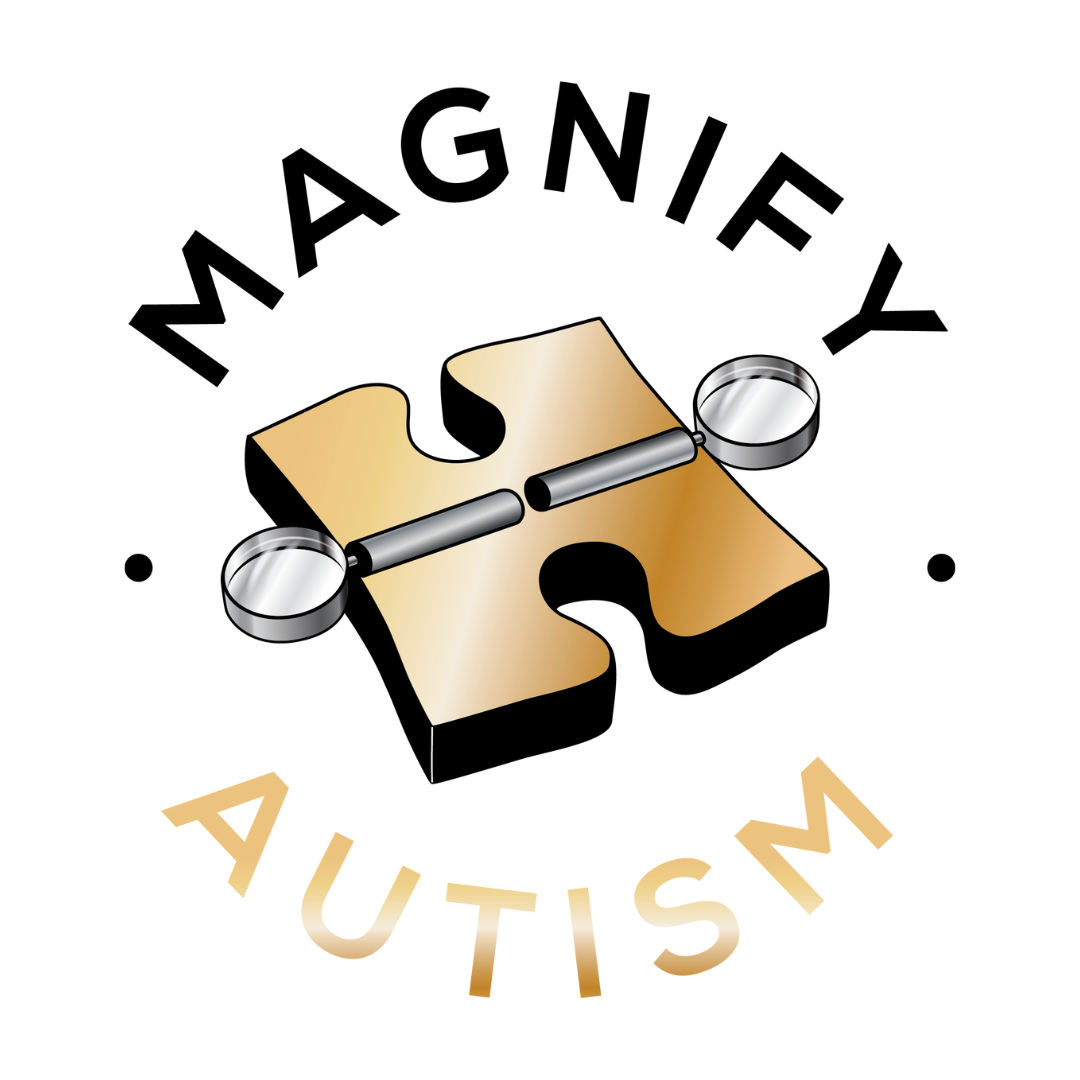What Is Autism?
The following information is provided by the CDC and can be accessed by clicking https://www.cdc.gov/ncbddd/autism/signs.html
What is Autism?
Autism spectrum disorder (ASD) is a developmental disability caused by differences in the brain. Scientists do not know yet exactly what causes these differences for most people with ASD. However, some people with ASD have a known difference, such as a genetic condition. There are multiple causes of ASD, although most are not yet known.
There is often nothing about how people with ASD look that sets them apart from other people, but they may communicate, interact, behave, and learn in ways that are different from most other people. The learning, thinking, and problem-solving abilities of people with ASD can range from gifted to severely challenged. Some people with ASD need a lot of help in their daily lives; others need less.
A diagnosis of ASD now includes several conditions that used to be diagnosed separately: autistic disorder, pervasive developmental disorder not otherwise specified (PDD-NOS), and Asperger syndrome. These conditions are now all called autism spectrum disorders.
ASD begins before the age of 3 and last throughout a person’s life, although symptoms may improve over time. Some children with ASD show hints of future problems within the first few months of life. In others, symptoms may not show up until 24 months or later. Some children with an ASD seem to develop normally until around 18 to 24 months of age and then they stop gaining new skills, or they lose the skills they once had. Studies have shown that one third to half of parents of children with an ASD noticed a problem before their child’s first birthday, and nearly 80%–90% saw problems by 24 months of age.
It is important to note that some people without ASD might also have some of these symptoms. But for people with ASD, the impairments make life very challenging.

Possible Red Flags
Not respond to their name by 12 months of age
Not point at objects to show interest (point at an airplane flying over) by 14 months
Not play “pretend” games (pretend to “feed” a doll) by 18 months
Avoid eye contact and want to be alone
Have trouble understanding other people’s feelings or talking about their own feelings
Have delayed speech and language skills
Repeat words or phrases over and over (echolalia)
Give unrelated answers to questions
Get upset by minor changes
Have obsessive interests
Flap their hands, rock their body, or spin in circles
Have unusual reactions to the way things sound, smell, taste, look, or feel
A Person With ASD Might:


